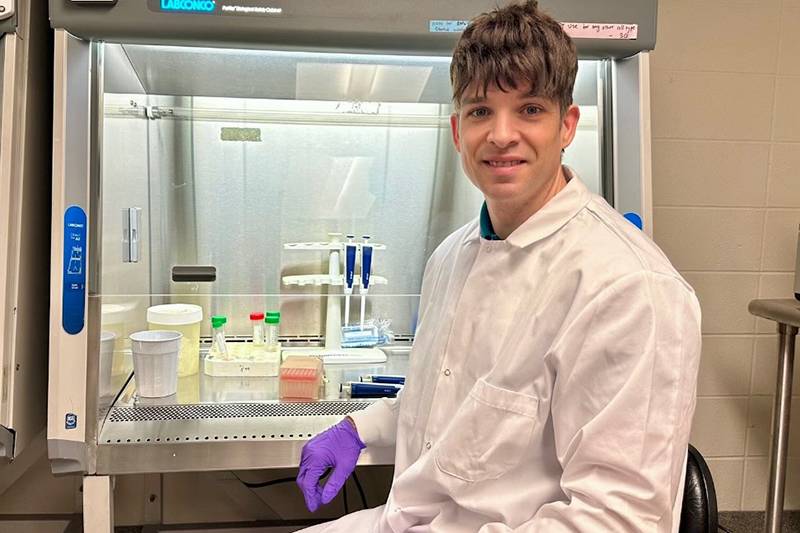Researchers at Purdue University are developing a patent-pending treatment for glioblastoma, an almost always lethal type of brain tumor with a median survival time of just 14 months. Led by Sandro Matosevic, associate professor in the Department of Industrial and Molecular Pharmaceutics, the team has created a novel immunotherapy that aims to overcome the limitations of traditional treatments like chemotherapy and immunotherapy.
Off-the-Shelf Immunotherapy Eliminates Need for Patient Blood Cells
Unlike traditional cell therapies that rely on a patient’s own blood cells, the Purdue glioblastoma treatment uses genetically engineered, fully off-the-shelf immune cells derived from induced pluripotent stem cells. “We eliminated the need for blood and instead differentiated stem cells into immune cells, or natural killer cells, and then genetically engineered those,” Matosevic explained. This approach allows for an unlimited supply of engineered cells ready for use in human patients.
The research team tested their treatment in animal studies using mice bearing human brain tumors. The engineered immune cells were injected directly into the tumors. “Our preclinical studies showed these immune cells to be particularly remarkable in targeting and completely eliminating the growth of the tumors,” Matosevic said. The study, published in the peer-reviewed journal Nature Communications, demonstrated that the cells can be engineered at doses suitable for clinical use in humans.
Next Steps: Clinical Trials and Collaborations
The next step in developing this glioblastoma treatment is to conduct clinical trials in patients with brain tumors, including those that were not successfully eliminated by surgery. Matosevic and his team are working with neurosurgical clinician collaborators to secure funding and initiate clinical protocols. They are also seeking new collaborations and partnerships to help translate this therapy to the clinic, where it is needed most.
The innovative glioblastoma treatment has been disclosed to the Purdue Innovates Office of Technology Commercialization, which has applied for a patent to protect the intellectual property. The research team received funding from the National Institutes of Health, the V Foundation for Cancer Research, the Purdue Institute for Cancer Research, and industry partners.


